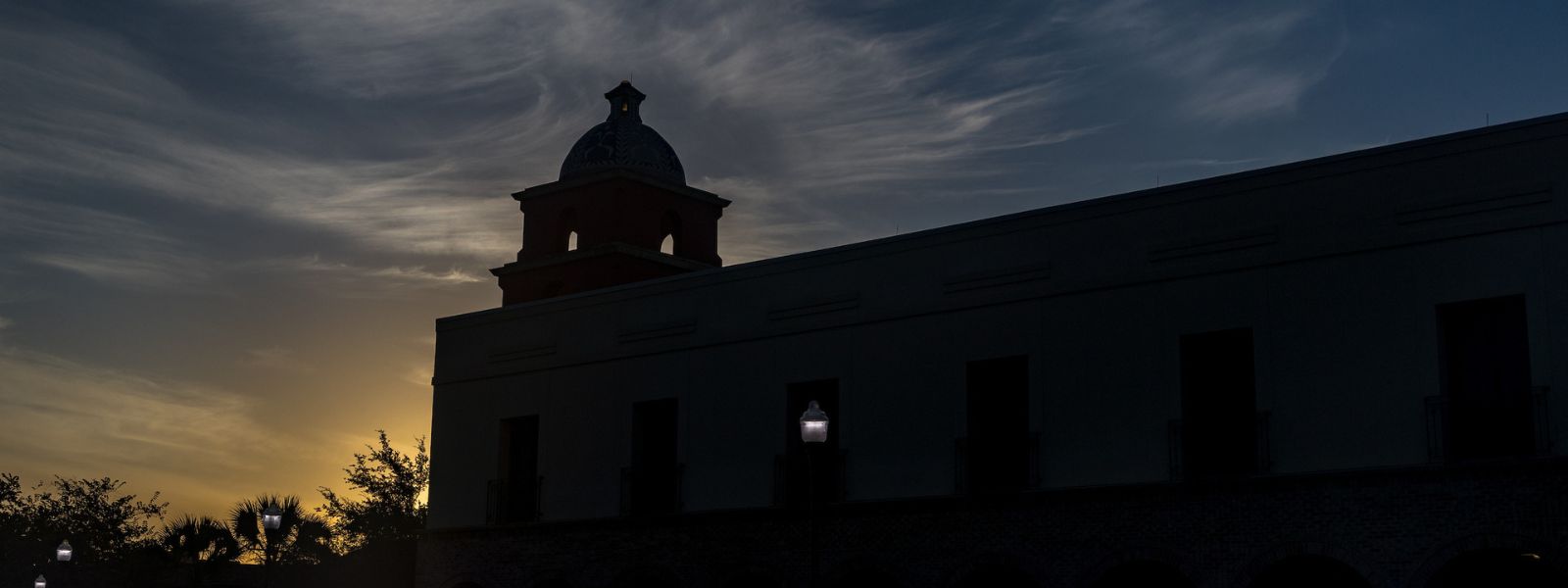
History Faculty Publications
Document Type
Article
Publication Date
11-2019
Abstract
The Japanese ‘invasion’ of Texas appears to be in full swing,” reported a correspondent from the lower Rio Grande Valley (hereinafter, the Valley) on January 7, 1921. The writer drew this conclusion from the arrival a day earlier of two Japanese families who had been met at the train station in the South Texas town of Harlingen by a mob who warned the immigrants not to settle on the land that they had already purchased in the vicinity. The alleged invasion continued with the arrival of B. R. Kato, “another Japanese colonist from California, [who] reached Brownsville today.” As Kato alighted from the train, an antagonistic crowd informed him “that public sentiment made it impossible for Japanese to colonize here and that trouble was probable if the attempt was made.” Amid rumors that other Japanese immigrants were en route, local white residents cautioned against such efforts; the reporter predicted that the “Rio Grande district is apt to prove a hornet’s nest for the Japanese, because the [white] natives of this region, which retains many aspects of the old frontier, are more inclined to take ‘direct action’ than the [white] people of California, where the dispute over the Japanese land holdings has been largely confined to the legislature and the courts.”1
Recommended Citation
Campney, Brent MS. "Anti-Japanese Sentiment, International Diplomacy, and the Texas Alien Land Law of 1921." Journal of Southern History 85.4 (2019): 841-878. http://doi.org/10.1353/soh.2019.0245
First Page
841
Last Page
878
Publication Title
Journal of Southern History
DOI
10.1353/soh.2019.0245


Comments
© 2019, Southern Historical Association. Original published version available at 10.1353/soh.2019.0245